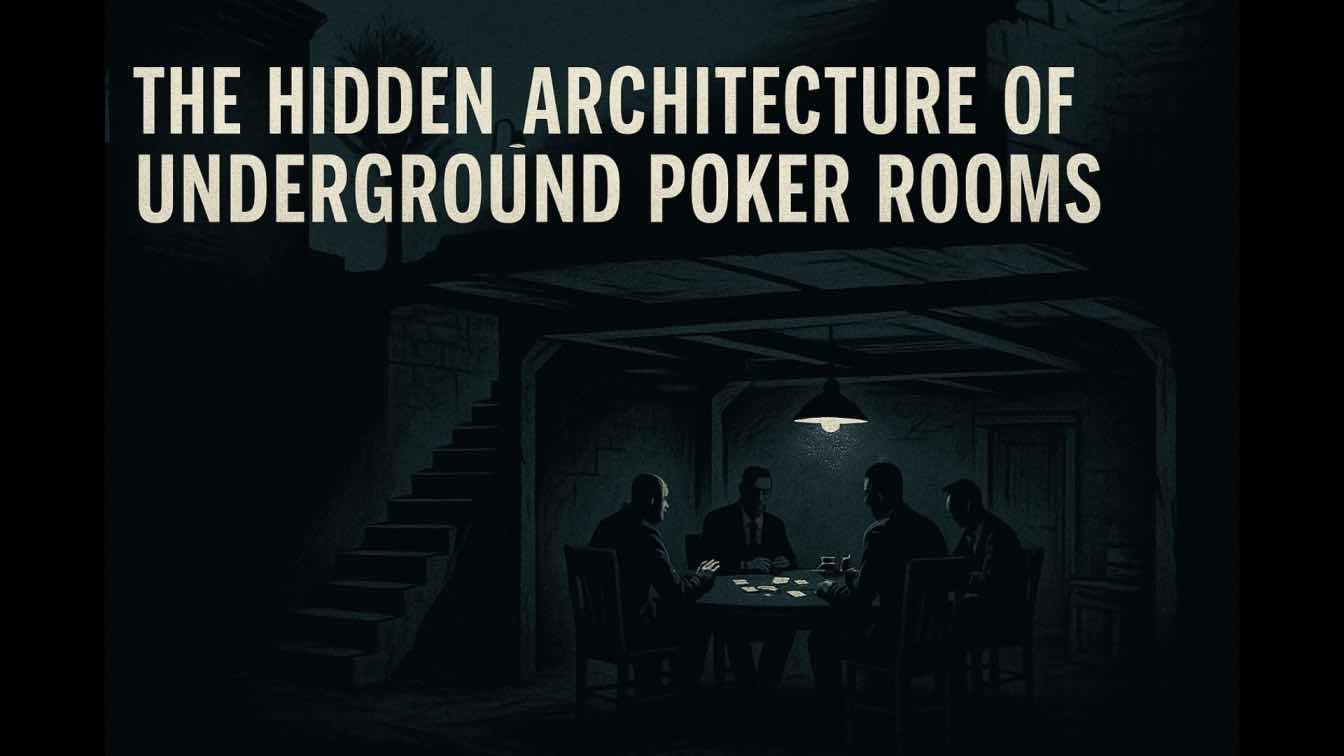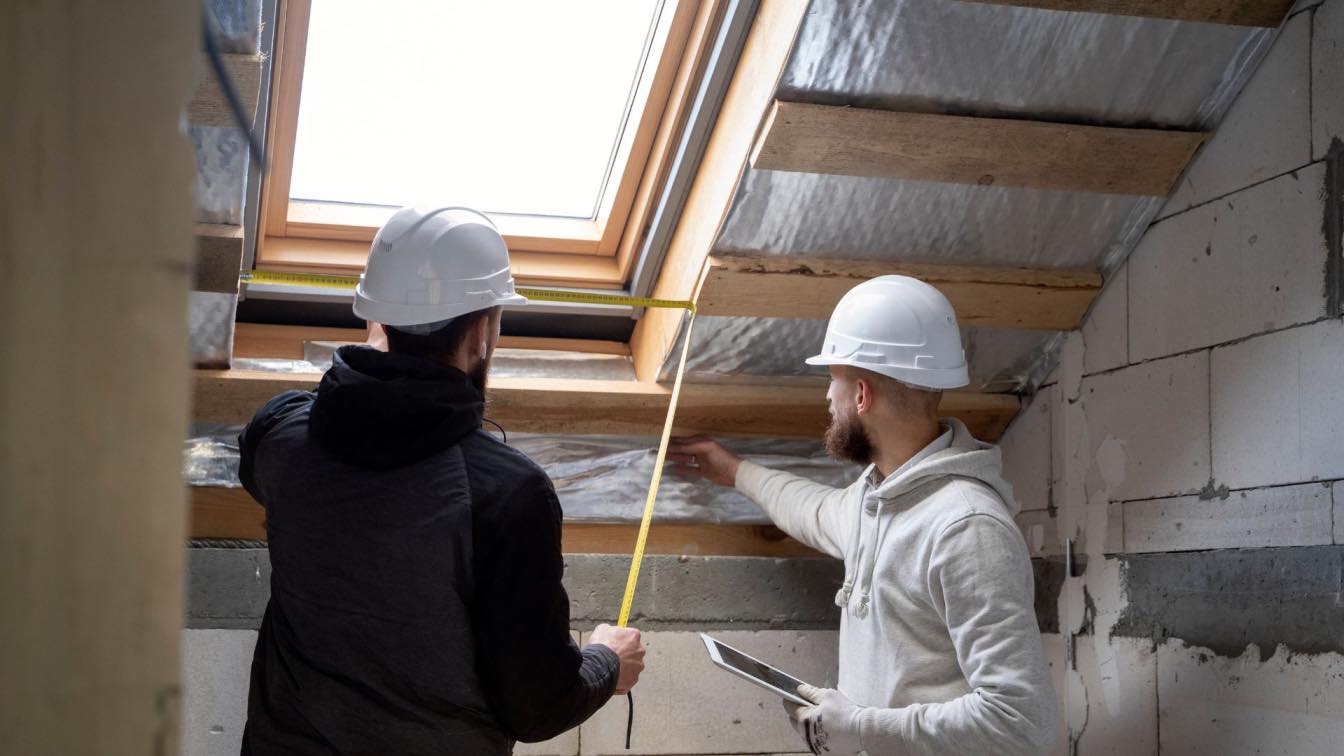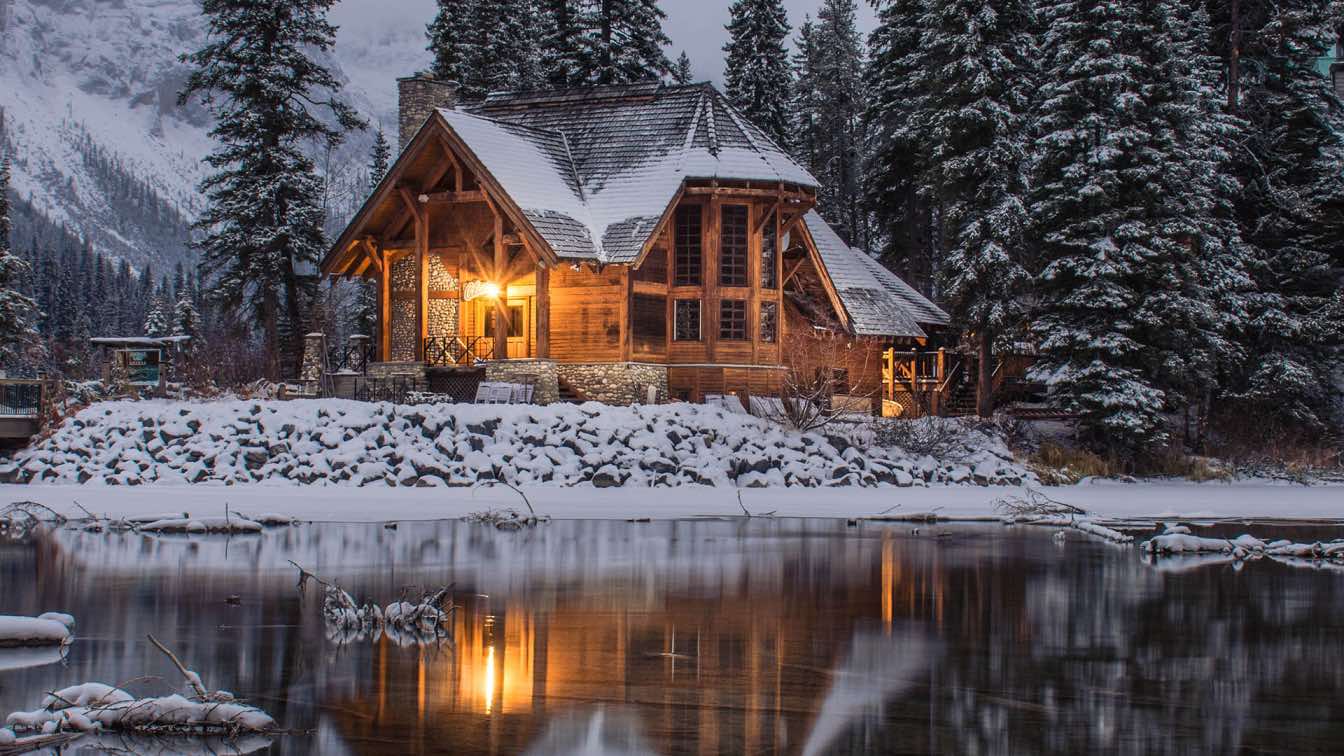A secret world presents itself in urban darkness through unmarked doorways and concealed hallways which observers see mostly in movies. The spaces where people play underground poker have two main names: card clubs or "games." They function in a secretive but legally ambiguous zone. The secret spaces have their own unheard codes and distinct social order together with custom-built gaming areas that are made to keep elite card games hidden from outsiders. The limited access to these hidden spaces validates the highly exclusive character of their business operations. Such locations function as a unique fusion of threats along with hidden operations while they quietly exist as distinct entities all through ordinary urban environments.
The Entryway: Designed for Discretion
People exploring an underground poker establishment will not notice the entrance until they stumble upon it. Any former warehouse building combined with business backspaces or transformed living spaces make suitable locations for these establishments. Security protocols begin prior to reaching the door as they require text messages to unknown contacts and trusted player endorsements and occasional meetings at non-descript areas. Online casinos use these initial security measures which protect from unwanted visitors as the core component of their advanced defense system.
After gaining entry to an illegal gambling establishment the level of entertainment depends strongly on how big the operation truly is. Gambling venues offer basic poker setups with one table and minimal provisions or sophisticated clubhouses designed as high-class casino establishments. Advanced professional gambling spaces contain various games at different tables with expert dealers whereas food service with cocktail waitstaff may also exist for specific establishments. Built-in sound-absorbing materials combined with tactical room arrangements enable physical privacy for people inside the building. Although online poker delivers the best immersive experience from any location spread throughout the world this traditional format still retains its special element.
The Economics Behind the Green Felt
The financial system used by underground poker rooms establishes an innovative business design. Two common operational approaches exist in most underground poker facilities: the player must pay an hourly fee known as the seat fee or the facility takes a cut from each pot that forms through gambling called the rake. Recipients of these fees generally exceed the costs that legal cardrooms maintain because players value concealed operations and onsite accessibility.
Most establishments that support poker activities alongside their core income generate additional earnings through different peripheral revenue streams. Members of the poker game can acquire food delivery services and massage treatment and private alcohol service. Some business owners provide credit to loyal gamblers which presents substantial risks although they can earn profit through high interest rates.
Owing to their professional relationship players and room operators frequently lose clarity about their professional roles. The operators often take the role of players because starting games becomes essential to maintaining ongoing gambling activities. The proprietors act as financiers for capable players by taking share dollars out of their winnings to supply entry capital. The interaction between the economic system creates multiple interrelationships which unite the community although non-payment of debts can produce conflicts between participants.
The Social Hierarchy and Unwritten Rules
After creating their individual cultures these illicit gaming venues must follow universal guidelines. Different playing positions in underground card rooms exist depending on how much players invest in the games together with their individual talents and whom they know at the establishment. High-volume players who actively participate every time they visit receive extra benefits such as cost-free entry fees as well as complimentary meals and beverages together with preferred card seating locations.
Room communication relies on two language systems that combine poker jargon with additional slang used exclusively by the casino staff. Hand-playing rooms differ in decorum standards between strict silent periods and continuous social interaction. The fundamental poker room rules that must always be followed consist of prompt debt payment coupled with private watering down of location details as well as complete avoidance of unapproved visitors.
Doug Crooks wrote that conflict resolution proves difficult when systems operate beyond normal legal structures. The enforcement of contracts by courts does not exist so rooms must use reputation systems combined with direct methods to uphold agreements. Band memberships banish players who remain involved in persistent disputes which leads professional gamers to face job loss due to their dependence on these playing venues.
Technology and Adaptation
Underground poker rooms of today have developed substantially thanks to modern technological advances. Digital security cameras together with table management software and player-tracking software applications have become standard equipment in underground poker venues. Modern operations utilize secure encrypted apps to coordinate their business and they maintain electronic player balance records.
Some gambling locations utilize technology through applications that notify players about open positions at available games and upcoming seat availability. These operations made technological advancements because they partnered their adaptation methods with legal gambling competition to stay competitive in the market.
In Closing
Physical illegal poker establishments form extensive social networks together with advanced financial processes and communication infrastructure. Exclusion zones provide an official record of how humans establish their unauthorized economic and administrative operations beyond official institutions. Individuals show ongoing interest in hazardous social encounters because illegal poker facilities serve as social substitute locations.
According to poker room participants gambling goes past ordinary wagering within their poker rooms. The facilities operate with their own independent operational patterns before establishing governance systems when discovery occurs.





